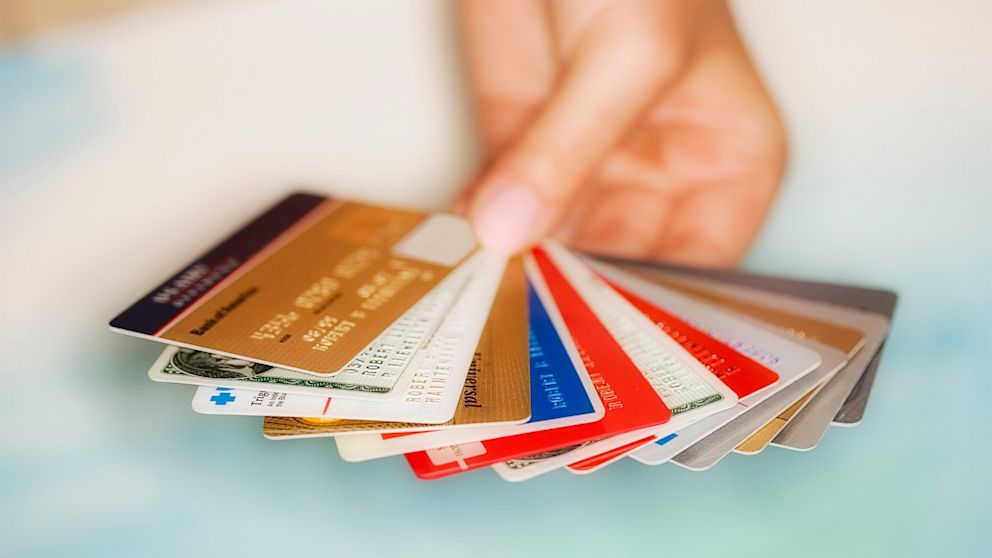What to Do If You're Sued By Your Credit Card Company
How to react when sued by your credit card company depends on several things.

Aug. 3, 2013 — -- Whether the notice comes in the mail, or is delivered to your doorstep, being told that you are being sued for a credit card debt can be terrifying. For many people, the first reaction is to shut down and ignore the situation. "The tragedy…is not that the consumer was sued but that most never respond," says Steve Rhode, founder of GetOutofDebt.org who is also working on a research project about lawsuits filed over consumer debts.
If a debtor ignores the lawsuit, however, the creditor will get a judgment against the debtor, which in turn will provide the creditor with additional powers to collect the debt, including seizing bank accounts or garnishing wages, in some states. (Note that in this story we are talking about situations where a credit card company itself sues you – not when a debt collector sues you.)
The First Thing You Must Do Before Paying Off Debt
How to react when you are sued by your credit card company depends on a number of things -- including, first and foremost, whether you acknowledge that you owe the debt in question.
You Know You Owe
If you know you owe the debt and the amount is correct, there are a few different ways this can unfold.
If you can scrape together some cash – perhaps with a loan from a friend or family member, for example, then one option is to pay or settle the debt immediately. "A reduction in balance owed or beneficial repayment terms are entirely possible outcomes," says Rhode.
But you must act quickly.
"Once sued for collection, get immediately involved in the solution," says debt settlement expert Michael Bovee, founder of the Consumer Recovery Network. In his experience, consumers will typically have to come up with 60% – 100% of the amount owed to stop the lawsuit, though smaller settlements are possible in some situations.
If you are able to resolve the debt at this point, you must get written documentation from the creditor acknowledging your payment and stating that the lawsuit will be dropped. This is especially true in cases where you are settling the debt for less than you owe. Otherwise, the creditor may say your settlement was a "payment" and still sue you for the balance.
"Be certain you are agreeing to a settlement that will also result in the dismissal of the lawsuit," Bovee insists. "Settling quickly means you can avoid a judgment damaging your credit report."
If you know the amount is correct, but you can't afford to pay or settle it, it's a good idea to talk with a bankruptcy attorney to find out whether filing for bankruptcy is your best option for dealing with the debt that you can't afford. If it turns out that bankruptcy isn't a good option, the attorney can explain to you what may happen once there is a judgment against you.
5 Ways To Get Out of Debt: Which Will Work for You?
There Must Be Some Mistake
What if you don't believe you owe the amount they are trying to collect? Maybe you disputed a purchase but the creditor refused to correct it. Perhaps you believe you were a victim of fraud. Or maybe your balance has just ballooned with bogus charges. Robert Brennan, a Southern California consumer law attorney, explains:




